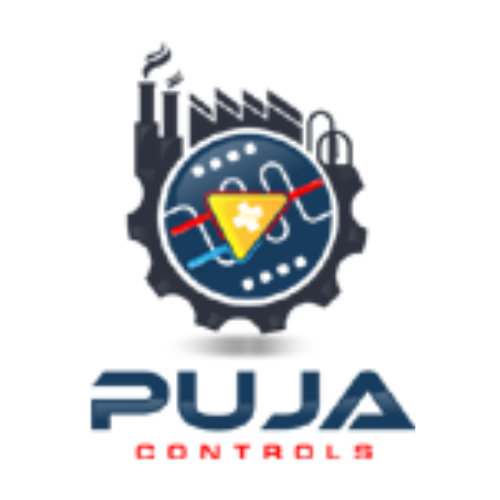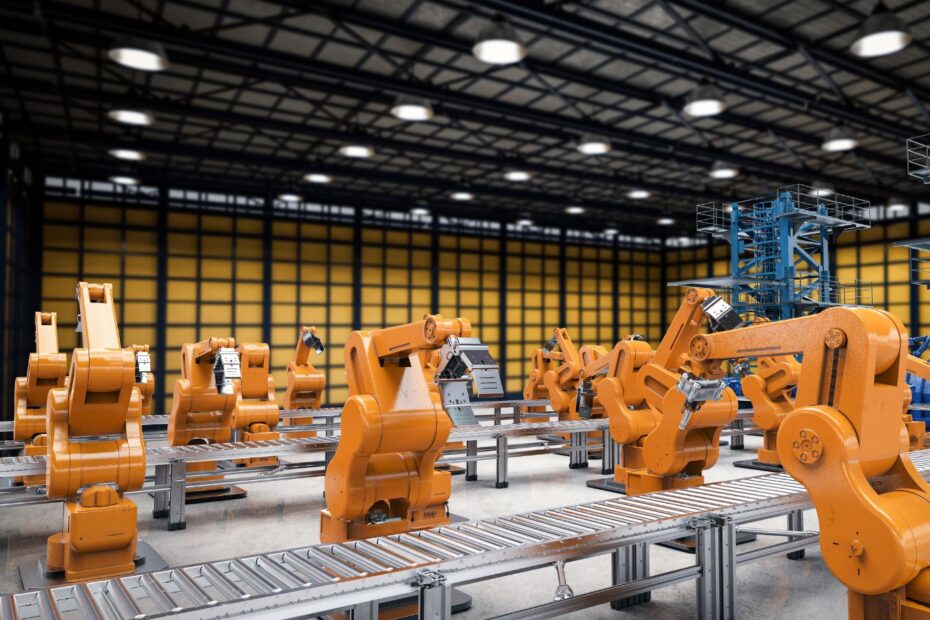In the relentless pursuit of innovation and efficiency, the industrial sector has witnessed a paradigm shift with the advent of industrial automation solutions. This transformative technology has redefined the traditional manufacturing landscape, ushering in an era of unprecedented productivity and precision.
Understanding Industrial Automation Solutions
Industrial automation involves merging control systems, like computers or robots, with information technologies to oversee various processes and machinery within an industry, effectively minimizing the need for human involvement.
The Pioneers of Automation: Automation Companies
Automation companies are the vanguards of this industrial revolution. They are the masterminds behind the systems that enable machines to execute complex tasks autonomously. Spanning across regions like Noida, Ghaziabad, and Delhi NCR, these companies are instrumental in driving industries forward with cutting-edge solutions.
Tailored Solutions for Diverse Industrial Needs
The spectrum of ‘automation solutions’ is broad, covering a variety of services and products designed to meet the specific requirements of different businesses. From crafting intricate control panels that govern complex machinery to providing strategic automation consulting services, the industry offers a multitude of options to enhance operational efficiency.
Beyond Manufacturing: The Reach of Automation
While the manufacturing sector is a primary beneficiary of industrial automation, its influence extends to other domains as well. IT automation companies leverage these technologies to optimize data centers, manage complex networks, and refine software development processes. The ubiquity of automation is evident across the entire industrial spectrum.
The Giants and the Specialists in Automation
The industrial automation landscape is populated with both large-scale automation companies and specialized service providers. The former typically offers a comprehensive range of services on an international scale although the latter often provides specialized expertise and a more personalized approach.
Control Engineering: The Backbone of Industrial Automation
Engineering disciplines such as control engineering and automation engineering form the foundation of industrial automation. These fields ensure that systems are not only reliable and efficient but also adhere to the highest standards of performance and safety.
Control Panels: The Nerve Center of Industrial Processes
Automation panel manufacturers occupy a vital position in the automation ecosystem, supplying the essential components that facilitate the smooth operation of automated processes. These panels act as the central hub, orchestrating the electrical functions that drive automation.
Navigating the Automation Landscape with Consulting Services
For organizations new to the realm of automation, consulting services provide valuable guidance. Expert consultants can evaluate a company’s specific needs and suggest suitable technologies, and oversee the seamless integration of automation systems into existing workflows.
The Impact of Automation on Workforce and Society
As automation continues to evolve, it brings about significant changes in the workforce dynamics. While it may reduce the need for manual labor in certain tasks, it also creates opportunities for more skilled positions focused on managing and maintaining automation systems. The societal implications of automation are profound. It has the potential to increase production capabilities, enhance product quality, and contribute to economic growth.
The Future of Industrial Automation Solutions
Looking ahead, the potential of industrial automation is boundless. With advancements in artificial intelligence, machine learning, and robotics, the next generation of automation solutions is set to offer even greater levels of sophistication and adaptability. The future promises a landscape where automation is not just a tool but a strategic partner in achieving business success.
Conclusion
Industrial automation solutions stand at the crossroads of technology and progress. They empower businesses to transcend conventional limitations, fostering an environment ripe for innovation and growth. As we venture further into this new industrial age, these solutions will remain the bedrock. Upon these companies will build their competitive advantage and secure their place in the global market.

